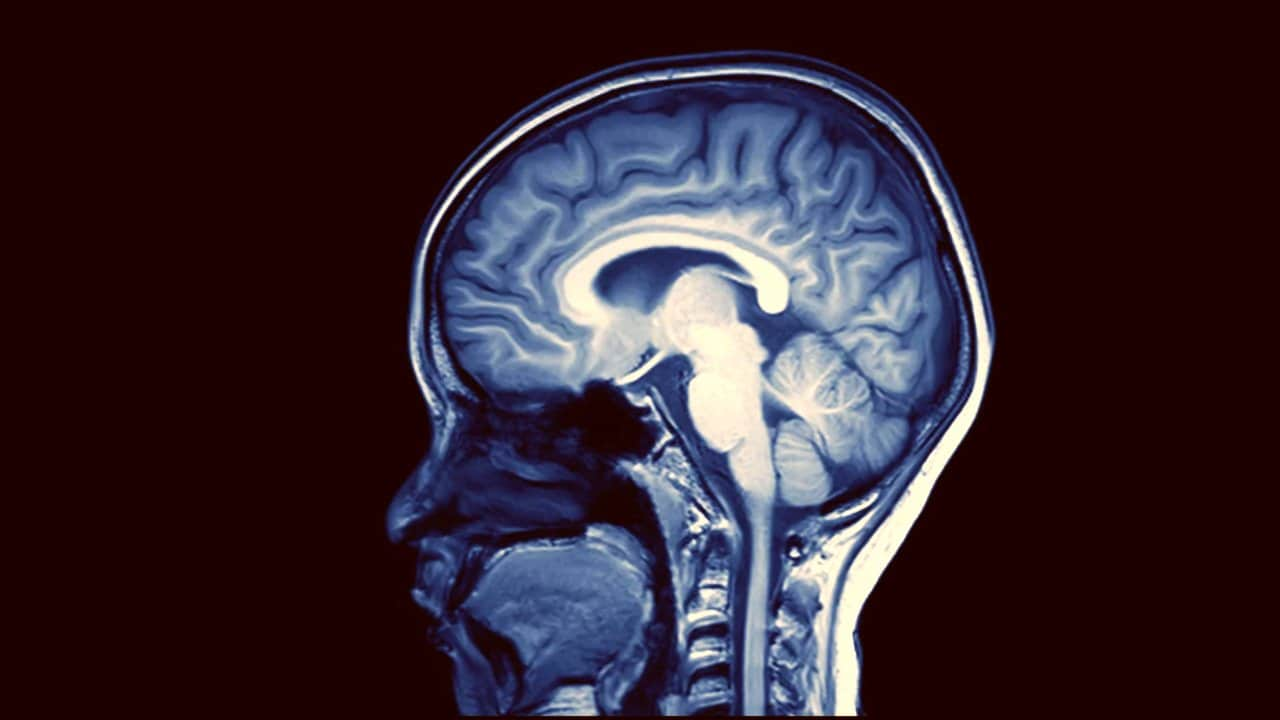FP TrendingSep 09, 2020 17:52:25 IST
Our memories of important events, highly emotional ones, or even far less significant moments, can be so very vivid and clear sometimes. As the human brain continues to baffle researchers with its immense scope for research, a recent study explores the learning mechanism our brain uses to prevent memories from being convoluted.
The study, published in Nature Communications, highlights “inhibitory connections” in the brain, which keep the brain functioning healthy by dampening the nerve cell activity.
Memories are created when connections between the nerve cells which send and receive signals from the brain are made stronger, the media release of the study says. This prompts a response from the neighbouring nerve cells in the hippocampus – a region of the brain crucially important for memory formation – which get “stimulated” or “excited”. This is where the inhibitory connections come into play. They prevent neurons from being stimulated, thereby preventing any changes and ensuring that the memory is ‘stabilized’, the experiment found.

Representational image of a brain scan showing signs of dementia. Image: Alzheimers.Net
The aspect of changes to inhibitory connection strength had not been studied before and the recent research found that there are two types of inhibitory connections that can vary and increase their strength, quite like the excitatory connections. A team of researchers led by the University of Bristol worked with computational neuroscientists at Imperial College, London to come to the conclusion.
Apart from stabilizing memories, computational modelling showed that this inhibitory learning also enabled the hippocampus to “prevent information from interfering with and disrupting memories”. The findings provide insight into how humans form expectations and make near-accurate predictions about what could happen in the future.
Dr Matt Udakis, Research Associate at the School of Physiology, Pharmacology and Neuroscience, who is also the first author, said, “It provides an explanation for what we all know to be true; that memories do not disappear as soon as we encounter a new experience”.
Professor Jack Mellor, Professor in Neuroscience at the Centre for Synaptic Plasticity, said that memories form the basis of expectations about future events and enable one to make more accurate predictions. The senior author added that the brain is constantly matching expectations to reality, finding out where the mismatches are and using the information to determine what they need to learn.
Post a Comment